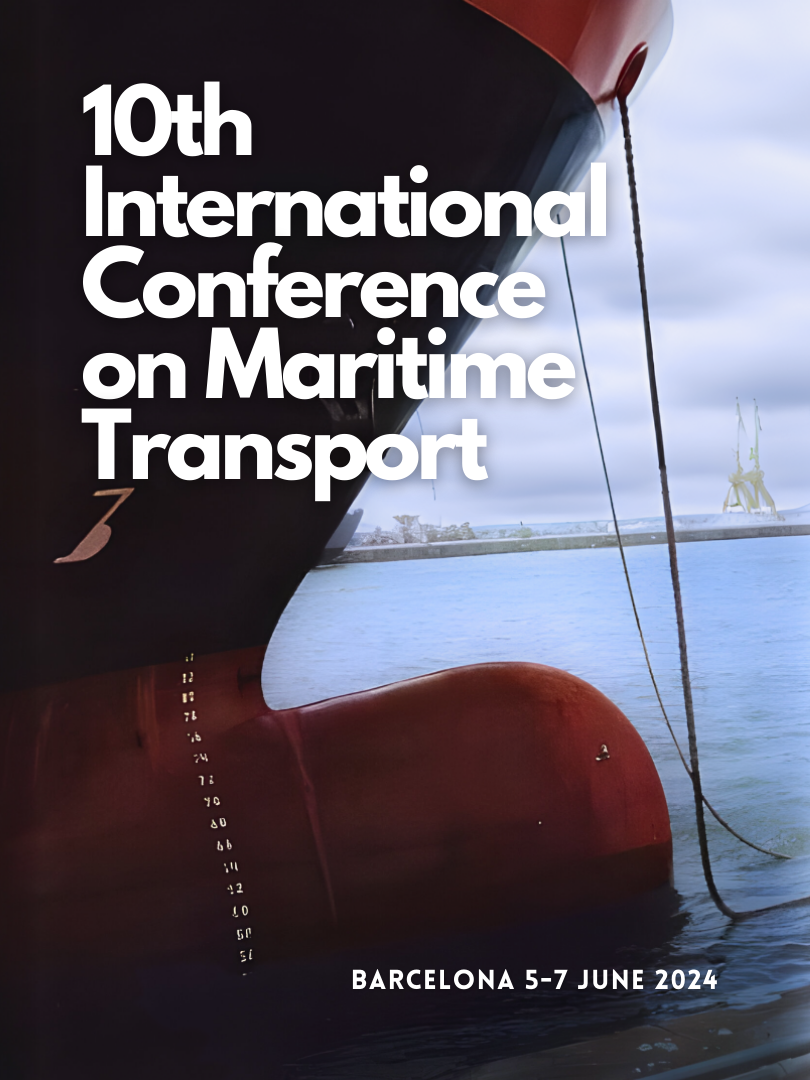COVID-19 AND AFTER: ABOUT HUMAN FACTORS AND WELFARE IN SHIPPING
DOI:
https://doi.org/10.5821/mt.12845Keywords:
COVID-19 crisis, seafarers, well-being, welfare, human factorsAbstract
The COVID-19 crisis locked sea workers on their ships for extended periods. They have been deprived of their right to repatriation or shore leave. Their employment agreements were extended, medical assistance failed, and financial challenges affected them. The crisis revealed the lack of care for seafarers, which may have mid-term and long-term consequences for this population. The study elaborates on 54 in-depth interviews and confirms challenges such as downgraded working conditions, including high work-related stress and few opportunities for recovery, prioritization of commercial interest over well-being, limited or no signs of improvements in seafarers' well-being, and insufficient care for seafarers.
Additionally, the data indicates seafarers have been particularly resilient and adaptive during the crisis. However, the absence of care and respect combined with the insufficient recognition of their role after the crisis may seriously augment the intention to quit the occupation. Cooperation between the industry and authorities was deemed insufficient to protect seafarers' well-being and health globally. In conclusion, the COVID-19 crisis revealed the shipping industry's latent deficiencies in caring for seafarers. Interviewees agreed that the future of shipping depends on establishing a culture of care.












